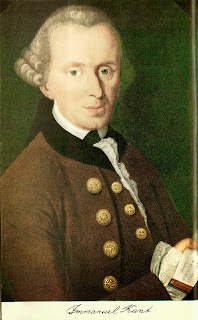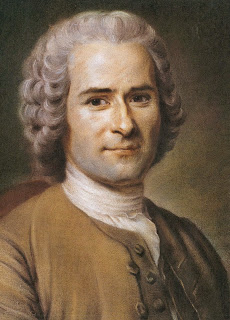The putting out system in Europe was when people gave their goods to others and then sold them when the others were done assembling them. For example, a country would send some ice cream, some chocolate chips, and glasses, for instance, to other countries to have it made into a delicious milkshake (yumm). It was then returned to them. Then they sold the "milkshake" to others for their enjoyment and to make a profit. The two places were mostly friends with some benefits on each side. Putting out, however euphoric, was quite a risky business.
*** Here is a chart (specifically of England) that shows the death and birth rates:
The putting out system also started because of enclosures (the fencing off of plots). People now had common land or pastures for sheep and oxen to graze which boosted the industries. For example, England was able to increase their wool industry because of this. Because wool doesn't grow on trees, landowners had to keep sheep to shave the wool off of.
Look how cute! :) (Pretend those lines are fences)
The enclosures helped with this. They, however, also had some disappointments. Land was becoming scarce so people found more industries which led to the putting out system.
Who participated in putting out you ask? Well, the lower class workers of all ages who needed money from the enclosure system used it mostly. Even old spinsters put out. Old, young, the system was universal in this aspect. The people were desperate to become like the wealthy, the aspiring Nantucket red panted class. However, many people conflicted due to this lust. Sometimes the ones putting out took away the advantages of pay from the workers who actually assembled it. People wanted to be wealthyThe wealthier class who "just stepped off the boat from Nantucket" (Maura) didn't need to put out to get money. They didn't need the money anyway (all the snobby prepsters!), but they could still put out at their leisure if they had the urge to.
I mean look at them! The wealthy (prepsters in our day and age) had the aura and looks of a financially well off person.
The putting out system however widely practiced, wasn't supported by all. The guilds were jealous of the people using the putting out system. The putter outers were getting everything, while the guilds were getting nothing. They were not as attractive to the customers. While the guilds did have luxurious products, they were expensive. In the putting out system, while there was a plethora of products being sold, they were cheap. There was not a high standard for the products.
So all in all from the land to the sea, from the bees to the birds, the putting out system, with all its benefits and controversies, was just your average run of the mill industry!





















